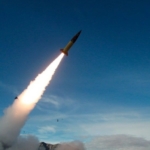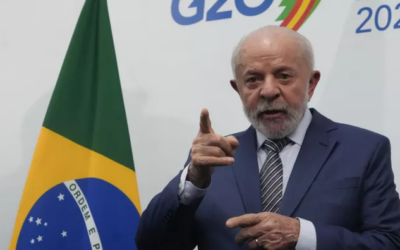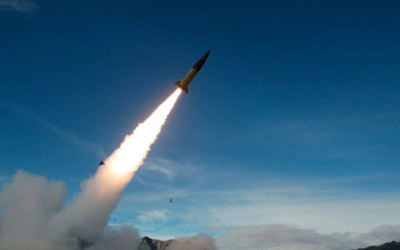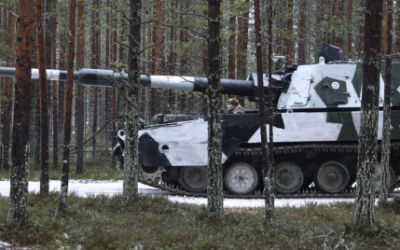Iran has further increased its stockpile of uranium enriched to near weapons-grade levels, defying international pressure, according to…
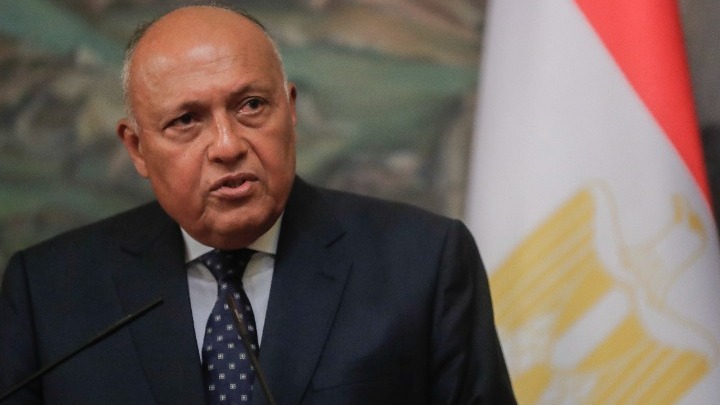
Egypt’s Foreign Minister, Sameh Shoukry, is visiting Syria and Turkey, two countries with which Cairo has had frosty diplomatic relations for a decade.
This visit “is a message of solidarity from Egypt to these two sister countries after the February 6 earthquake” that killed nearly 46,000 people in Turkey and Syria, the Egyptian Ministry said in a statement. Shoukry’s visit to Damascus will be the first by an Egyptian Foreign Minister since the start of the Syrian civil war in 2011.
In the wake of the devastating earthquakes, Egyptian President, Abdel Fattah al-Sisi, had called his Syrian counterpart, Bashar al-Assad; an unprecedented conversation between the two heads of state.
Sisi then called Turkish President, Recep Tayyip Erdogan, his former arch-rival, with whom he had exchanged his first handshake in November at the World Cup in Qatar. The heads of Egyptian and Syrian diplomacy also spoke on the phone.
Assad has been isolated diplomatically, particularly from the Arab scene – Syria is still suspended from the Cairo-based Arab League – since he began to crack down on a popular uprising that broke out in 2011 and turned into a civil war.
Yet after the earthquake devastated Syria and Turkey, Arab countries resumed contacts and sent aid to Damascus, which could take advantage of the tragedy to break out of its diplomatic isolation, analysts say.
Today Assad received a delegation of heads of Arab parliaments. Among them was Egyptian parliament speaker, Hanafi el-Gabali, described by Egyptian state media as “the highest Egyptian leader to be welcomed to Damascus” in more than a decade.
Relations between Cairo and Damascus have never been completely severed and the top Syrian security official, General Ali Mamluk, even made his first public visit abroad in 2016 since the start of the Syrian war in 2011. However, there’s been a rapprochement with Turkey very recently, as relations between Cairo and Ankara have remained at a low since Sisi came to power in 2013 after the ouster of Islamist President Mohamed Morsi – of whom Ankara was a staunch supporter.
Source: AMNA
Also read: Armenia – Turkey | Earthquake “opens” borders after 35 years
READ MORE
Brazil | Arrests of military and police officers for plotting the assassination of President Lula
Brazilian police have arrested five officers accused of plotting a coup which included plans to overthrow the government following the…
Sweden | Leaflets with survival instructions in the midst of the Ukrainian crisis
Sweden started sending out five million leaflets to the country’s residents yesterday, urging them to prepare for a possible conflict…
THEON International | New orders amounting to €74 million having already exceeded €150 million in the 4th trimester
THEON INTERNATIONAL PLC (THEON) announced additional orders for the month of November. As a result of the…
UN | Iran has increased uranium enrichment to near weapons-grade levels
Iran has further increased its stockpile of uranium enriched to near weapons-grade levels, defying international pressure, according to…
Brazil | Arrests of military and police officers for plotting the assassination of President Lula
Brazilian police have arrested five officers accused of plotting a coup which included plans to overthrow the government following the…
Sweden | Leaflets with survival instructions in the midst of the Ukrainian crisis
Sweden started sending out five million leaflets to the country’s residents yesterday, urging them to prepare for a possible conflict…
Ukraine | The first ATACMS strike on Russian soil took place
The Ukrainian armed forces carried out their first strike on a border area within Russian territory with an ATACMS missile.
Finland | The first major NATO artillery exercise on its territory
The exercise is taking place in northern Lapland and is part of wider artillery exercises, which have been dubbed ‘Dynamic Front 25…













